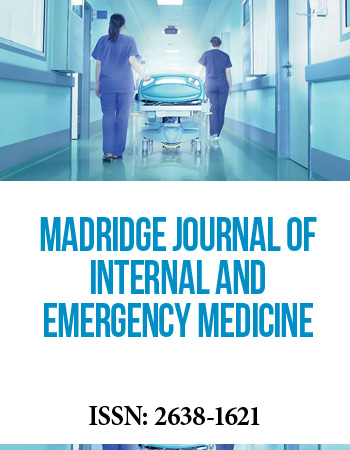International Translational and Regenerative Medicine Conference
April 25-27, 2018 | Rome, Italy
Decoding Ca2+ Signaling in Regulation of Transcription Factor Activation and Cell Cycle Progression using Optogenetics
Department of Biomedical Engineering, National Cheng Kung University, Taiwan
The ability of a simple ion such as Ca2+ to play an highly versatile intracellular signal results from the facility that cells have to shape Ca2+ signals in the dimensions of space, time and amplitude. Thus, spatial and temporal changes in intracellular Ca2+ concentration is important to determinate the cell fate. Optogenetics is the combination of genetics and optics to control well-defined events within specific cells of living tissue in real time. Optogenetic stimulation approach that uses channelrhodopsin-2 (ChR2) related proteins has been developed for providing more precise and targeted stimulation effect on cells in vivo and in vitro. We aimed to pose the formerly unaddressed fundamental question of how Ca2+ signals regulate transcription factor activation by manipulating intracellular Ca2+ through using optogenetic strategies. In this study, We found that (1) elevation of intracellular Ca2+ levels that correspond with the power, frequency and duty cycle of light illumination in a dose-dependent manner; (2) activation of Ca2+- dependent transcription factors is depends on Ca2+ oscillations with different frequency and amplitude; (3) cells in the various phases of the cell cycle showed different responses to Ca2+-mediated cell cycle progression. In summary, the delicate regulation and precise control of transcription factor activation and cell cycle progression can be achieved under the optogenetic platform. Parameters associated with light illumination will be optimized in the future. It will enable us to be confident in applying this advanced technique to (1) manipulate the expression patterns of genes by desire; and (2) control the growth and differentiation of cells. Such a process would be a potential platform in study of cell development and cancer.
Biography:
Dr. Wen-Tai Chiu received the Bachelorʼs, Masterʼs and Ph.D. degrees from National Cheng Kung University, Taiwan in 1997, 1999 and 2007, respectively. He has been a postdoctoral fellow at the University of Texas MD Anderson Cancer Center from 2008 to 2010. Dr. Chiu is currently an associate professor in the Department of Biomedical Engineering at National Cheng Kung University. His research interests lie in the area of Ca2+ signaling and molecular imaging of cancers. Much of his work has been on improving the understanding, design, and performance of Ca2+ in focal adhesion dynamics, cell migration, metastasis and chemoresistance.


